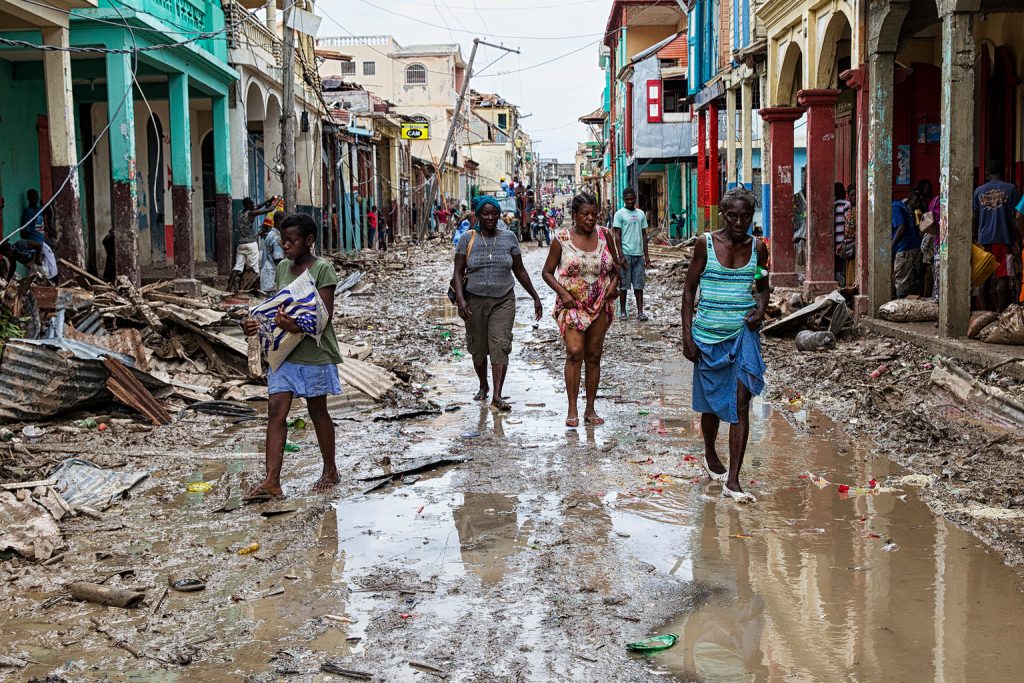This article provides results from an online survey of humanitarian workers and volunteers that was conducted in May and June 2010. The purpose of the survey was to understand how the humanitarian aid system adopts or incorporates human rights into its post-natural disaster work and metrics. Data collected from Haiti suggest that humanitarians have embraced a rights-based approach but that they do not agree about how this is defined or about what standards and indicators can be considered rights-based. This disagreement may reveal that humanitarians are aware of a mismatch between the rights-based approach to post-disaster humanitarian work and the legal framework of human rights.
Using participation and accountability as examples, this article identifies and examines this mismatch and suggests that the humanitarian aid system should more fully embrace engagement with the human rights framework. To do so, the article concludes, humanitarian actors and the human rights community should have an open dialogue about the development of metrics that accurately reflect and monitor adherence to the legal framework of human rights. This would allow the humanitarian aid system to ensure its interventions enhance the capacity of the disaster-affected state to fulfill its human rights obligations, and would allow humanitarian and human rights actors alike to measure the impact of such interventions on the realization of human rights in post-natural disaster settings.



